- - What is a Dental Implant Cleaning?
- - Dental Implant Cleaning Methods
- - Professional Dental Implant Cleaning
- - Dental Implants Cleaning Tool and Instruments
- - Dental Implant Cleaning Cost
- - Single Tooth Implant Cleaning
- - All-on-X Implants & Full Mouth Implants Cleaning
- - Cleaning Dental Implant Bridges and Dentures
- - Why Should You Clean Dental Implants?
- - FAQ About Dental Implant Cleaning
Cleaning dental implants goes beyond routine brushing. Proper dental implant cleaning of the crown, posts (abutments), and surrounding gum tissue is essential to prevent dental implant complications such as peri-implantitis, gum inflammation, and implant failure. Maintaining a consistent cleaning routine at home and through professional care ensures the longevity, function, and aesthetic appearance of your dental implants.
Discover expert tips from Turkey Luxury Clinics on at-home care, professional cleaning techniques, the best tools for implants, and why consistent maintenance is crucial for your implant’s health and durability.
What is a Dental Implant Cleaning?
Dental implant cleaning is the long-term aftercare of the implant components, including the crown, posts (abutments), gumline, and spaces under the prosthesis or bridge between natural teeth and implants. Regular cleaning is essential to maintain a long-lasting implant and prevent complications such as peri-implantitis, gum inflammation, or implant failure.
Dental Implant Cleaning Methods
Dental implant cleaning methods are separated into regular daily home care (using appropriate floss and toothpaste) and regular monthly professional cleanings by a dental professional. Combining daily home care with regular professional cleanings is essential for the long-term success, durability, and cosmetic appeal of your dental implant.
At-Home Care
To clean dental implants, brush twice daily with a soft-bristled toothbrush and low-abrasive toothpaste, focusing on the crown and gumline. Use an interdental brush, super floss, or water flosser for tight spaces. Finally, rinse with an antiseptic mouthwash and see your dentist for regular professional cleanings, often every 6 months
Steps for dental implant cleaning at home:
- Brush regularly: Use a soft-bristled toothbrush twice daily to clean all surfaces of your natural teeth and implant crown. Always choose a non-abrasive toothpaste to avoid scratching the implant or abutment.
- Clean under the prosthetic: Use a floss threader with unwaxed or implant-specific floss, or a small nylon-coated interdental brush. Make sure to clean between your teeth and around the implant crown daily and pay special attention to cleaning dental implant posts (abutments), since plaque tends to collect where the post meets the gums.
- Use a water flosser: An oral irrigator (water flosser) helps dislodge food particles and plaque from hard-to-reach areas around the implant.
- Rinse with mouthwash: Finish your routine with an antibacterial mouthwash to reduce bacteria and support gum health. Your dentist may also recommend an antimicrobial mouthwash for added protection.
Professional Dental Implant Cleaning
Sometimes, at-home cleaning is not enough. Professional dental implant cleaning is carried out by a dentist using specialized instruments to remove plaque, tartar, and bacteria from around the implant and its crown. This process eliminates buildup that daily brushing and flossing may miss, helping prevent complications such as peri-implantitis and supporting the implant’s long-term stability and function.
Importance of Professional Dental Implant Cleaning
- Removes hardened buildup: Even with consistent at-home care, plaque and tartar can form in hard-to-reach areas around implants.
- Prevents dental implant infection and complications: Professional cleaning helps control bacterial growth, reducing the risk of peri-implant gingivitis and peri-implantitis, both of which can threaten implant success.
- Maintains stability and function: Routine professional maintenance preserves the health and stability of the implant, ensuring it remains functional for many years.
Dental Implants Cleaning Tool and Instruments
At home, dental implants are cleaned with dental implant cleaning tools such as a soft-bristled toothbrush, non-abrasive toothpaste, implant-specific or unwaxed floss, interdental brushes, and a water flosser. For more thorough care, dentists use specialized dental implant cleaning instruments like ultrasonic scalers or Airflow technology, which combines air, water, and fine powder to safely remove plaque and bacteria around the implant.
At-Home Dental Implant Cleaning Tools
1. Soft-Bristled Toothbrush: Use a gentle brush twice a day to remove plaque and food around the implant and gums.
2. Non-Abrasive Toothpaste: Choose a mild toothpaste that won’t scratch the implant crown or abutment.
3. Implant Floss: Special floss with a stiff end and fuzzy middle section helps clean under the implant crown. Unwaxed floss can also be used.
4. Interdental Brushes: Small, nylon-coated brushes designed to clean tight spaces between teeth and around the implant abutment.
5. Water Flosser: An oral irrigator uses a jet of water to flush away plaque and debris in hard-to-reach areas around the implant.
6. Mouthwash: Your dentist may recommend an antimicrobial mouthwash to reduce bacteria and support gum health.
Professional Dental Implant Cleaning Instruments
Even with excellent home care, professional maintenance is essential for the long-term health of dental implants. Dentists and hygienists use specialized instruments designed to clean effectively without scratching the implant’s titanium or ceramic surfaces:
1. Implant Scalers: Made from plastic or titanium-coated materials, these are used to safely remove plaque and tartar around implants.
2. Ultrasonic Scalers: Effective for breaking down and removing larger deposits of plaque or calculus on implant surfaces.
3. Special Curettes: Implant-safe curettes are designed to clean below the gum line around implants without causing damage.
4. Implant Cleaning Sets (ICP/IC Tips): Hand instruments with plastic or carbon-fiber tips, used for gentle cleaning of implant posts, and bridges.
5. GalvoSurge Dental Implant Cleaning System: An advanced system mainly used to treat peri-implantitis. It relies on an electrolytic process with a special cleaning solution to remove bacterial biofilm and fully decontaminate the implant surface.
Dental Implant Cleaning Cost
The cost of dental implant cleaning in the U.S. typically ranges from $75 to $200 per visit, but can reach up to $400 for deeper cleanings.
In countries like Turkey, the cost of professional dental implant cleaning starts at around $40 per session. Costs may increase if the cleaning is more complex, such as in peri-implantitis cases that require deeper care, or when multiple implants like All-on-4 dental implant need longer sessions, or if advanced techniques such as Airflow, laser-assisted cleaning, or the GalvoSurge system are used.
Dentists generally recommend scheduling professional implant cleanings every 3 to 6 months. That means just two visits a year are usually enough to maintain a healthy, long-lasting implant—without being a major financial burden.
Single Tooth Implant Cleaning
Cleaning a single tooth implant is usually straightforward and follows a routine similar to caring for a natural tooth. A soft-bristled toothbrush and non-abrasive toothpaste twice a day are typically enough, though some patients may also benefit from implant-specific floss or interdental brushes to clean the small spaces between the implant and gums.
Regular professional checkups are also important to monitor the implant’s stability, ensure the surrounding tissues stay healthy, and provide a professional cleaning that removes any plaque or tartar buildup.
All-on-X Implants & Full Mouth Implants Cleaning
Replacing multiple teeth with All-on-4, All-on-6, or full mouth dental implants requires more detailed cleaning than single implants since they support a full arch of teeth. Brush twice daily with a soft or electric toothbrush, focusing on the area where the bridge meets the gums. Use specialized tools such as a water flosser to remove food and plaque beneath the bridge, and rinse with an alcohol-free antibacterial mouthwash to promote gum health. Regular professional cleanings every 3 to 6 months, or as recommended by your dentist, are essential for long-term implant stability.
Cleaning Dental Implant Bridges and Dentures
If you have an implant-supported bridge, clean underneath it carefully with super floss, interdental brushes, or a water flosser to remove trapped food and plaque. Brush gently around the bridge and along the gumline where it meets the gums to protect both the restoration and surrounding tissue.
For implant-supported dentures, remove them daily, brush them gently with a soft brush, and soak them in a denture-cleaning solution before wearing them again. Consistent care reduces irritation, prevents infection, and supports the long-term success of your implants.
Why Should You Clean Dental Implants?
Patients with dental implants should clean them regularly to prevent complications such as peri-implantitis, which can lead to bone loss or even implant failure.
Unlike natural teeth, implants rely entirely on the surrounding bone and gum tissue for support, making regular cleaning essential to keep them healthy and free from harmful bacteria.
The benefits of regular dental implant cleaning include preventing infections, preserving bone and tissue, ensuring longevity, maintaining aesthetics, and protecting your investment.
The Long-term Benefits of Dental Implant Care
- Keeps your mouth healthy:
Regular cleaning of dental implants helps to prevent oral diseases such as gum disease and peri-implantitis. This helps maintain overall oral health.
- Maintains a natural appearance:
Dental implants are designed to look just like your natural teeth. Proper care will help them look their best and preserve your natural smile.
- Preserves functionality:
Implants allow you to eat, speak and smile with confidence because they function like natural teeth. Good maintenance helps them to function optimally.
- Supports longevity:
Regular maintenance can extend the life of your dental implants, making them a valuable investment.
- Saves you money:
Maintaining your dental implants can help you avoid the cost of replacing or treating implant-related problems.
- Enhances comfort:
Well-maintained implants are more comfortable because they have a better fit. They are less likely to be a source of irritation or discomfort.
Dental implants require an investment of time and care, but the long-term benefits make them a sound financial decision. Dental implants can enhance the quality of life, promote oral health, and instill confidence through a beautiful smile.
At Turkey Luxury Clinics, we are prepared to assist you throughout the process of getting dental implants. Our team is dedicated to providing you with the guidance and care you require to maintain your dental implants and enjoy their benefits for many years. Contact us now and we will help you restore the smile you deserve.

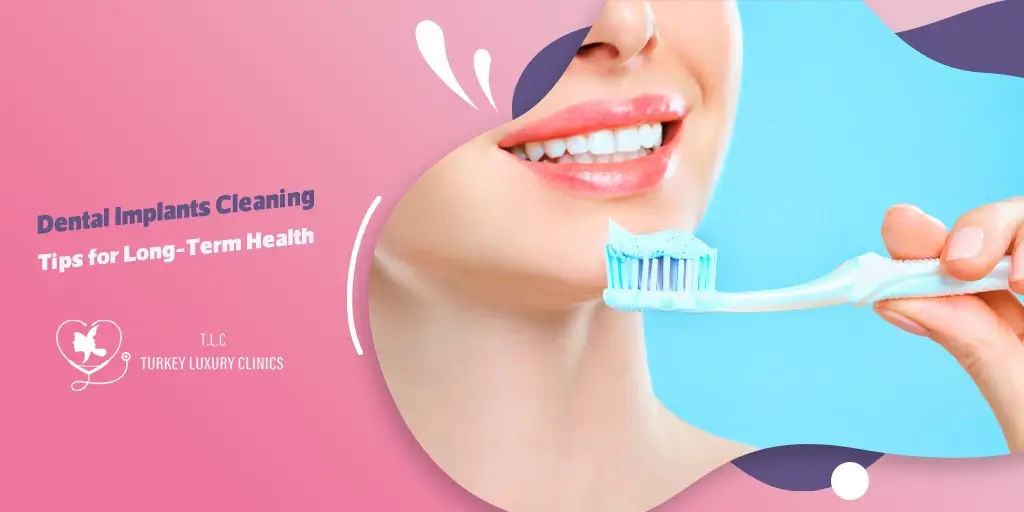



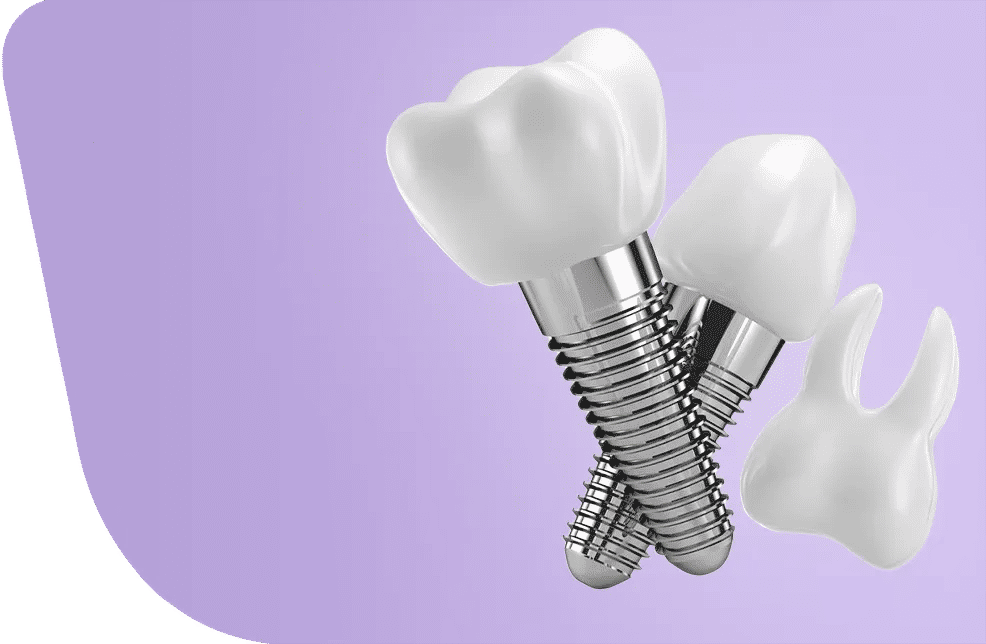

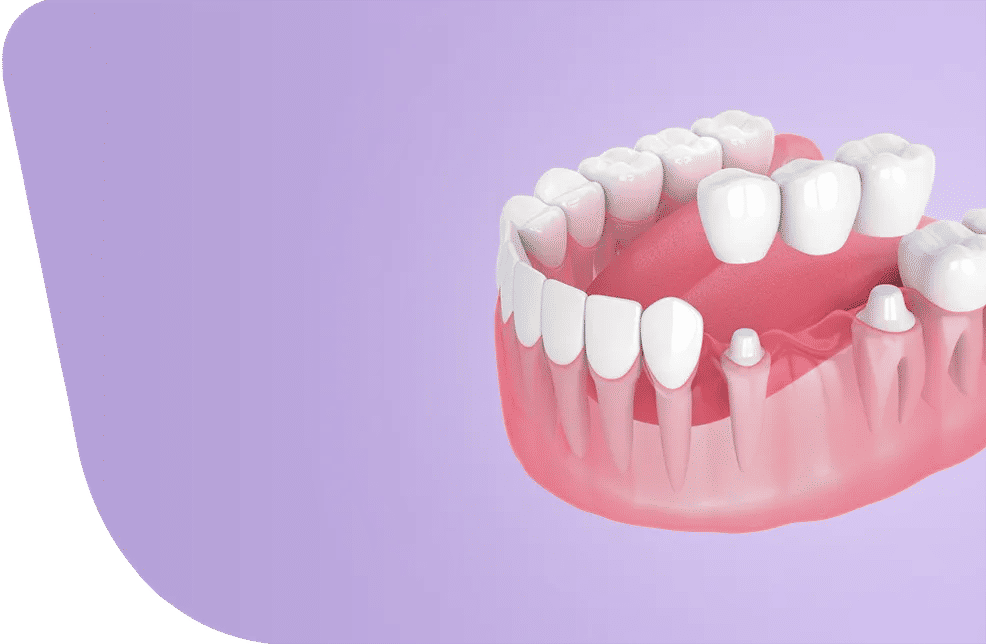
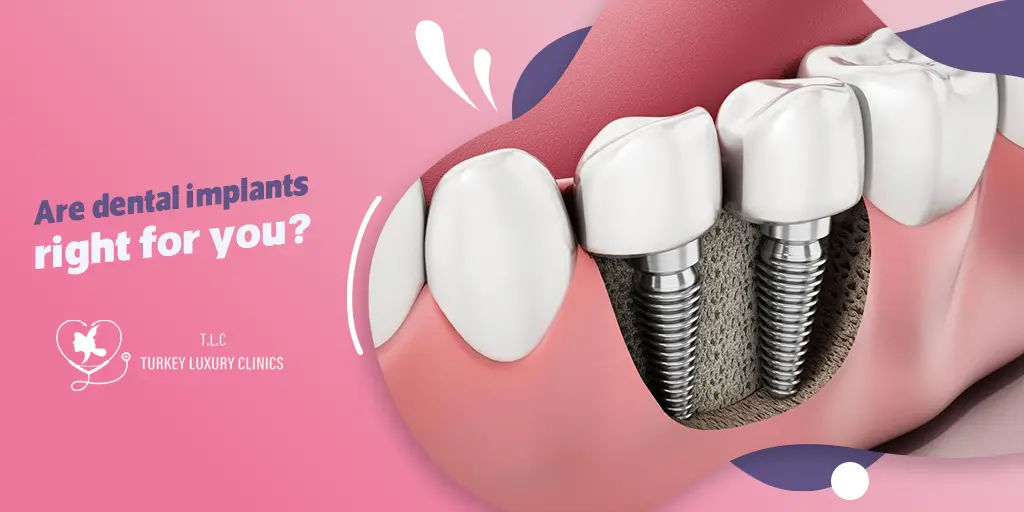
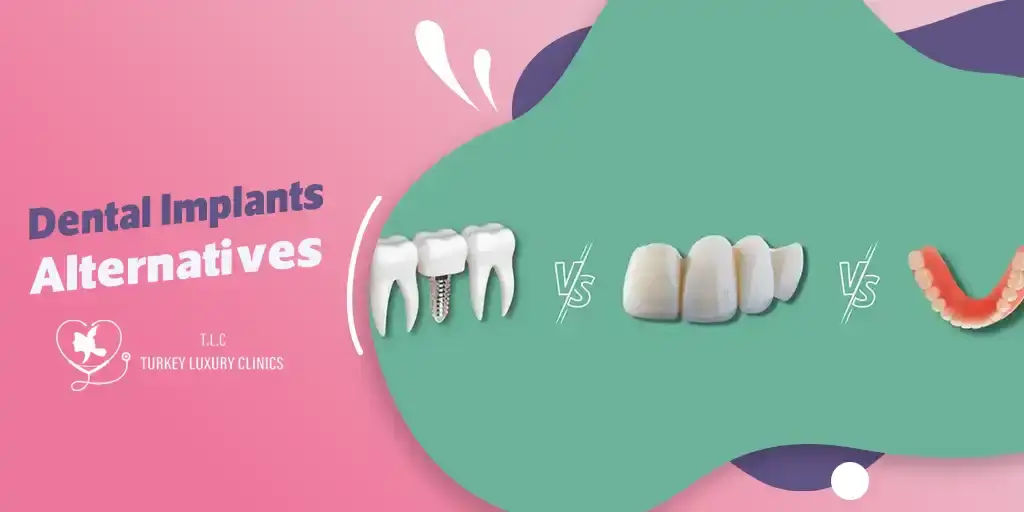




.webp)
.webp)
.webp)
.webp)

